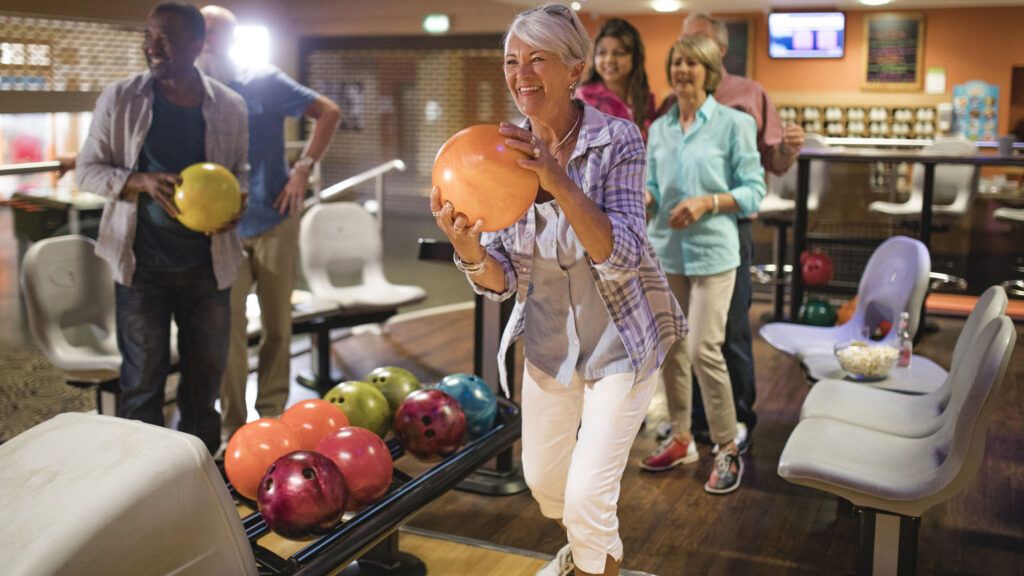Sarah Nicolay is a Research Assistant at Benjamin Rose Institute on Aging
If you are caring for someone with dementia, you are probably juggling many responsibilities, but encouraging your loved one to participate in physical exercise can have important benefits for your loved one and for you, too. Exercise might be a challenge, as your loved one may not be interested in physical activity, or may find it difficult to move due to stiff or sore muscles or lack of endurance. But because exercise has enormous health and wellness benefits for people with dementia, it is helpful if your loved one stays active, and you can do much to help. According to the National Institute on Aging and the Alzheimer’s Association, the benefits of movement include:
- Reducing symptoms of anxiety and depression
- Improving stamina
- Helping to reduce blood pressure
- Reducing joint swelling associated with arthritis
- Improving balance and coordination, reducing the risk of falls
- Increasing self-esteem
- Improving sleep
- Maintaining motor skills
People with dementia, just like all older adults who are physically able, should exercise moderately for at least 150 minutes every week, says the World Health Organization. If your loved one is not used to physical activity, consult with his or her doctor about how to incorporate exercise into the daily routine, with an ultimate goal of 30 minutes, five days a week. Exercising together, if possible, can help the person to stay on schedule, and can be a great boost to your own health as well.
Keep in mind what your loved one enjoys and is capable of doing when thinking up activities. SHARE (Support, Health, Activities, Resources, and Education) for Dementia, developed by the Benjamin Rose Institute on Aging, is a care-planning program designed to engage both an individual with early-stage dementia and their caregiver in discussions about symptoms, communication, care values and preferences, healthy activities and planning for the future. The program encourages participation in fulfilling activities, and asks both older adults and their caregivers to list activities that they used to enjoy, or enjoy doing now, and emphasizes how participating in these activities now can be important for your loved one living with dementia, as well as for you and your own wellness goals. If your loved one liked particular exercises or activities in the past, talk with a medical professional or exercise instructor about ways that these activities could be modified so that he or she may continue to participate in them as the disease progresses.
If you need help pinpointing activities, you can begin by making a list of ideas and checking off those that the two of you want to try together. Then you can brainstorm on ways to remove any possible barriers that may prevent you both from participating in the activity. For example, if your loved one enjoys swimming but cannot climb down a pool ladder, try to find a pool with a ramp or simple stairs he or she can access. Begin gradually and test out various activities until you find the right ones. Possible ways to exercise include:
- Walking
- Dancing
- Gardening
- Swimming
- Bowling
- Weightlifting
- Using resistance bands
- Tai Chi
- Yoga
- Pilates
- Chair exercises
- Shopping for food
- Common daily tasks like making the bed, watering plants and sweeping
For more information and exercise ideas, visit the National Institute on Aging’s exercise and physical activity campaign Go4Life.
If you are in need of some respite, physical therapy is a wonderful option to ensure that your loved one is staying active. It can benefit people living with all stages of dementia, from prevention through end-of-life care. A licensed physical therapist focuses on an individual’s specific physical needs and engages him or her in activities that are enjoyable and personally meaningful in order to promote well-being. To locate a physical therapist in your area, visit the American Physical Therapy Association.





